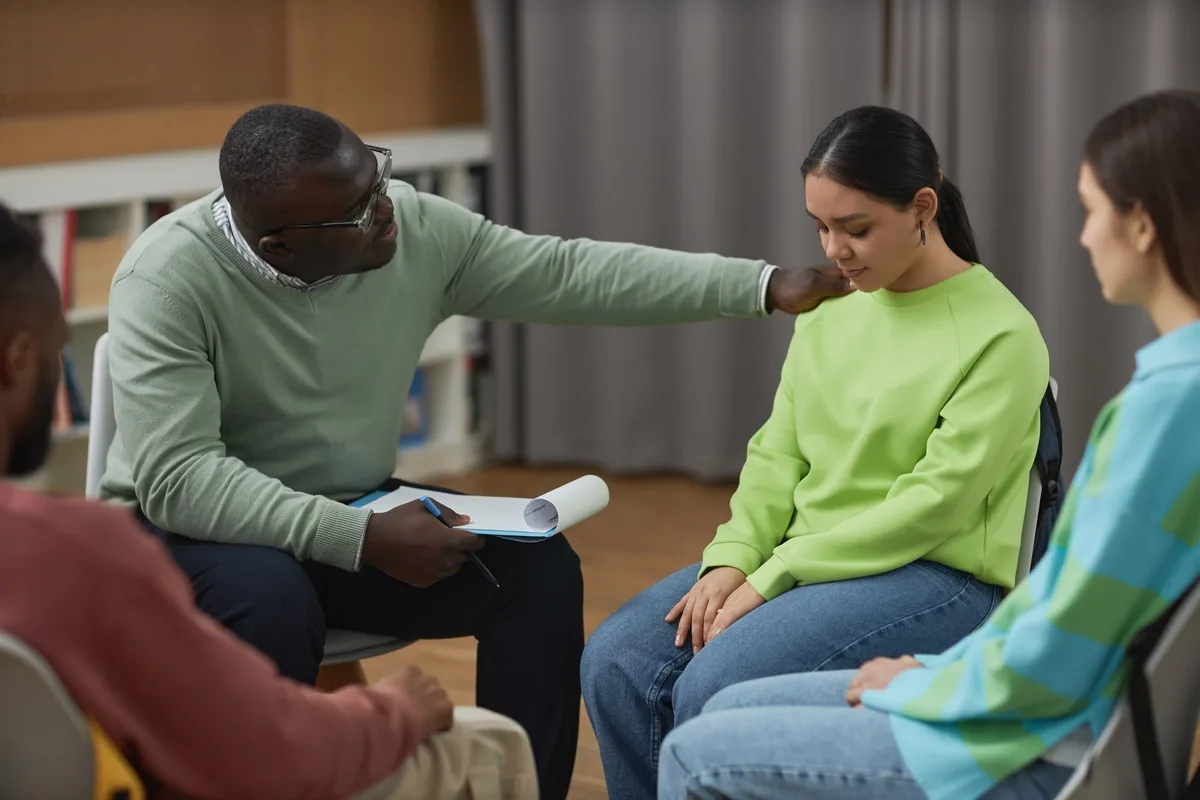24/7 Helpline:
(866) 899-221924/7 Helpline:
(866) 899-2219
Learn more about Inpatient Rehab centers in Boardman
Inpatient Rehab in Other Cities

Other Categories
Other Insurance Options

Excellus

BHS | Behavioral Health Systems

Oxford

Anthem

WellPoint

Aetna

WellCare Health Plans

Premera

Private insurance

Multiplan

Carleon

CareSource

UMR

CareFirst

Highmark

State Farm

Lucent

Sutter

UnitedHealth Group

Optima

Sperohealth
Sperohealth is a private rehab located in Boardman, Ohio. Sperohealth specializes in the treatment o...

PsyCare – Boardman Clinic
PsyCare – Boardman Clinic is a private rehab located in Boardman, Ohio. PsyCare – Boardman Clinic sp...

Travco Behavioral Health
Travco Behavioral Health offers outpatient services for people struggling with substance abuse or me...

Community Counseling Solutions
Community Counseling Solutions offers outpatient services for those individuals dealing with mental ...


















Community Counseling Solutions – Lakeview Heights
Community Counseling Solutions - Lakeview Heights is a residential treatment program for individuals...









